The Guinea Pig is a small mammal originally from the Andes Mountains in South America. Guinea pigs are herbivores and eat hay, vegetables, fruits, and grass.
Guinea pigs have two main types of teeth: incisors and molars. Guinea pigs use their incisors to gnaw on wood or other hard substances as well as to groom themselves. Molars are used for grinding food into smaller pieces that can be digested more easily by the Guinea Pig’s digestive system.
Guinea pig teeth problems can include tooth abscesses, hairballs (yes really!), broken teeth, overgrown front teeth (where the lower incisors protrude), malocclusion (inadequate chewing motion) which leads to weight loss or dental issues like cavities!
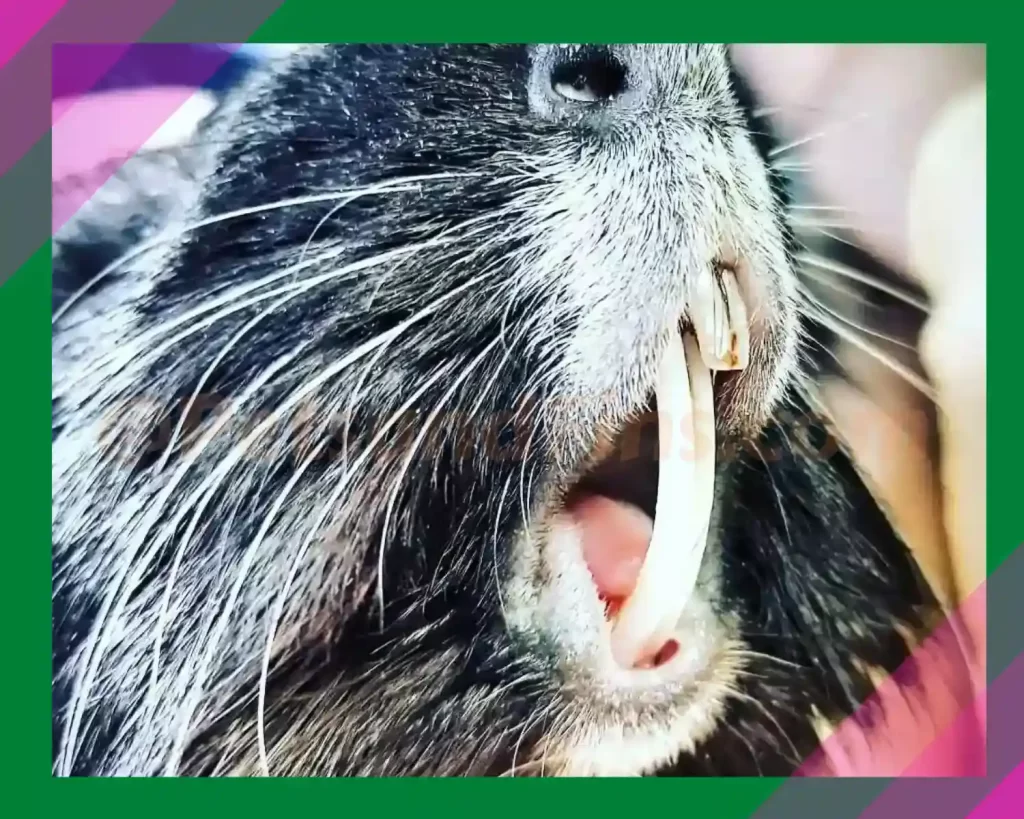
Teeth in Guinea pigs vary significantly from those in humans. Our piggie buddies must spend the whole day chewing on rough plant fiber, while we just eat at mealtimes (or at least most of the time). Guinea pig teeth are excellent for all of this chewing, but they are susceptible to issues if the food is not properly balanced.
Guinea pigs have very sensitive and delicate teeth, and knowing what to do with them can be confusing. This article will answer all of your questions about guinea pig teeth, including how to care for them properly.
What Is It About Guinea Pig Teeth That Makes Them So Unique And Interesting?
The really remarkable feature of guinea pig teeth is that they never cease growing. The teeth of guinea pigs develop continuously at a pace of 1–2 mm each week, unlike the teeth of humans, which remain the same size and form throughout our adult lives.
How Many Teeth Do Guinea Pigs Have?
Guinea pigs have a total of 20 teeth in both jaws. Guinea pig’s front teeth (incisors) grow continually throughout their lives and must be worn down by chewing or they can overgrow to such an extent that the guinea pig is unable to eat properly, which will eventually lead to starvation.
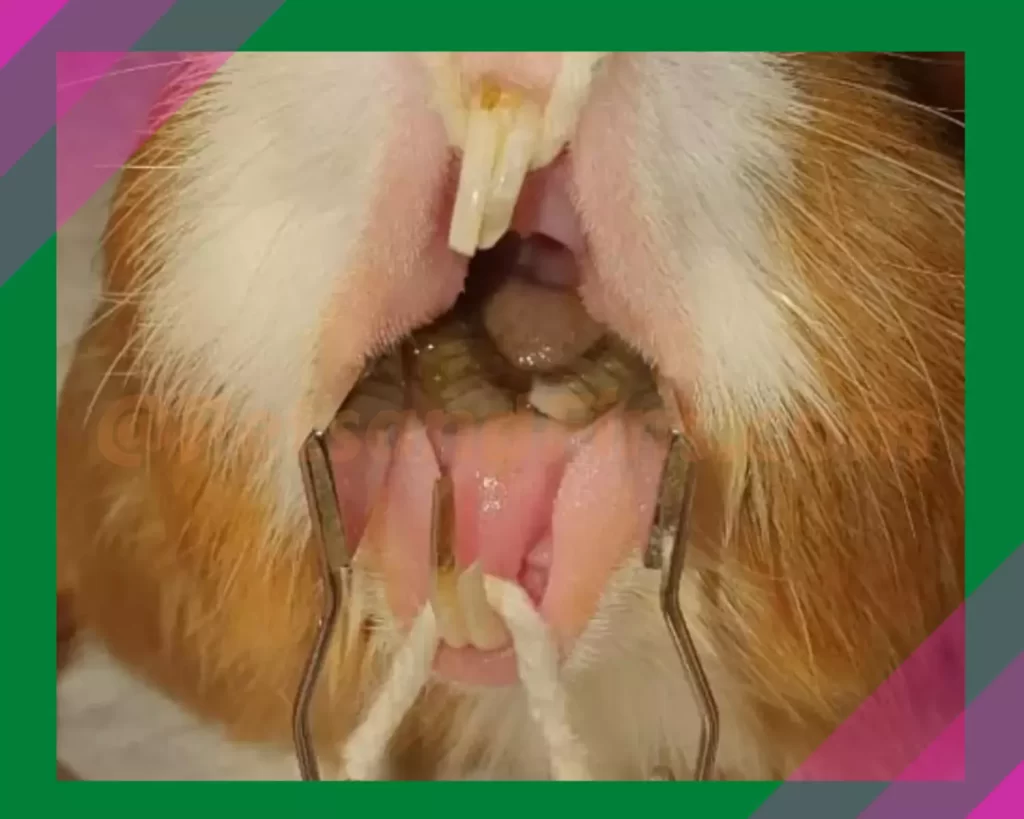
Despite the fact that your guinea pig seems to have just two upper and two lower incisors, they really have twenty teeth, as I mentioned above.In addition to the incisors, they have a pair of upper and lower premolars as well as three pairs of upper and lower molars.
The Guinea Pigs’ Molar Teeth aid with the process of breaking down plant material into smaller pieces that can be digested more easily by your Guinea Pig’s digestive system.
Fun Fact: It is interesting to note that guinea pigs do not have canine teeth at all.Instead, they have a gap known as a diastema between them.
It is possible for teeth to grow excessively long or in the incorrect direction if there is not enough plant matter in the diet to wear them down correctly as they develop. Excessive tooth growth in our furry friends is unfortunately not uncommon, and it may create all sorts of issues for them.
Guinea Pig Dental Problems
Guinea pigs are extremely prone to dental problems.Here are a few examples of dental issues that can occur in your Guinea Pig:
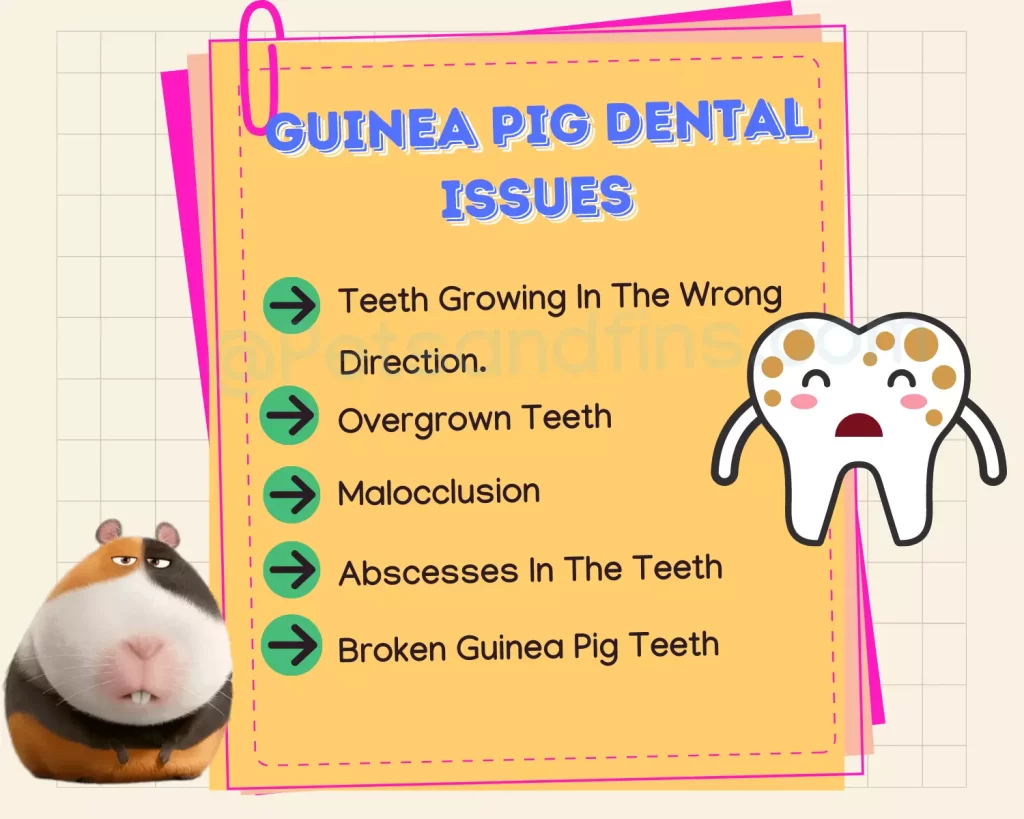
Teeth Growing In The Wrong Direction :
Guinea pigs’ teeth can sometimes grow in the wrong direction and either stick out or become angled. This is most commonly noticed with Guinea Pigs lower front incisors, but it can also occur on Guinea Pig upper incisors.
A Guinea pig’s teeth can be corrected if they are growing in the wrong way by filing them down so that they are level with other Guinea Pigs’ teeth to prevent injuries while eating.
If Guinea Pigs’ teeth are left too long without being filed (or worse still, when Guinea Pigs try and chew through wire cages which can cause damage) then dental issues such as infection or abscesses will result.
Overgrown Guinea Pig’s Front Teeth:
One of the most frequent Guinea Pig teeth problems that vets encounter is an overgrown tooth. Guinea Pigs’ teeth are naturally sharp, and when they develop abnormally this can cause major issues for your pet. This abnormal development causes pain to your Guinea Pig while it chews food.
Overgrowth of Guinea pigs’ incisors is a very common problem in our pets today and often goes undiagnosed because Guinea pig owners aren’t familiar with what is normal and healthy in terms of tooth length, so we just assume overgrown front guinea pig teeth are normal.
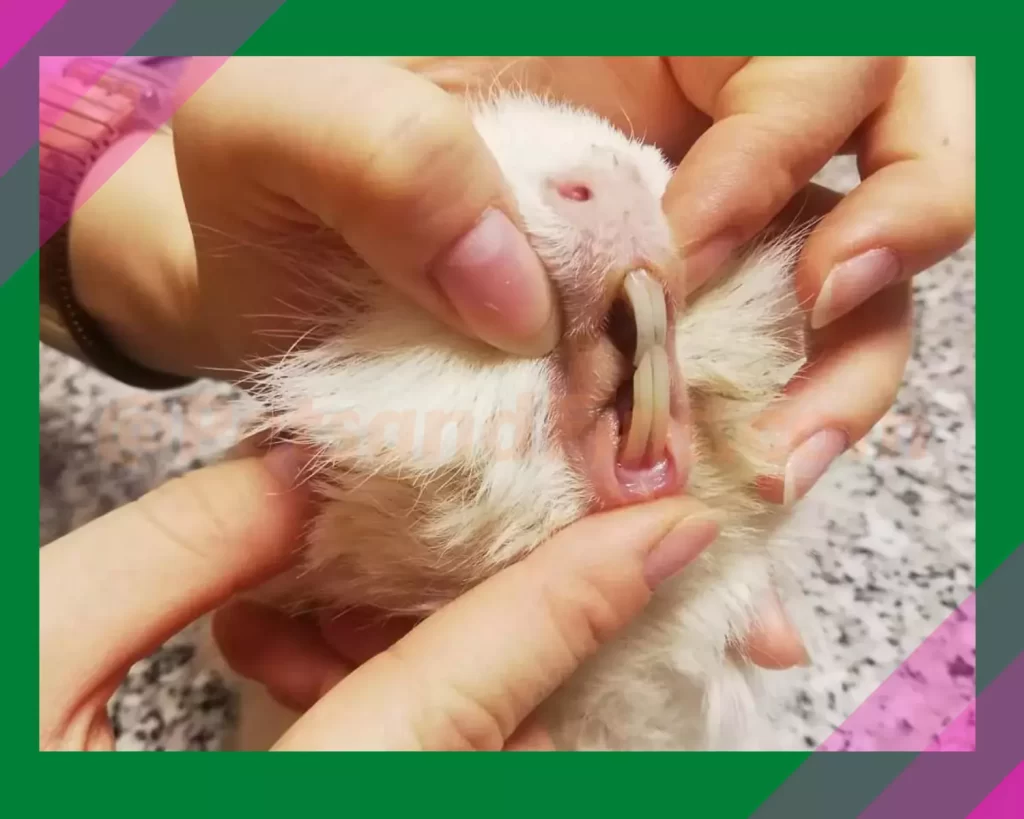
Guinea Pigs incisors should be roughly even in length to each other – if they aren’t it can mean that your Guinea Pig is suffering from dental problems or tooth wear due to inadequate diet!
Malocclusion :
Another common problem with Guinea Pig Teeth is malocclusion which means that their molars do not meet when chewing causing inadequate surfaces of contact. This leads to either weight loss or decreased appetite as well as difficulty eating and painful gums!
Guinea pigs may try to hide this pain by being less active than usual – be sure you check out your cavy carefully during petting sessions!
Abscesses in the teeth
A Guinea pig’ tooth abscess is a potentially dangerous but treatable condition. It’s an infection that develops in response to decaying food particles or bacteria trapped under your pet’s gum tissue and between its teeth.Over time, the Guinea Pig teeth problems associated with tooth abscesses can be very painful and will often cause a Guinea Pig’s appetite to slowly decrease due to pain.
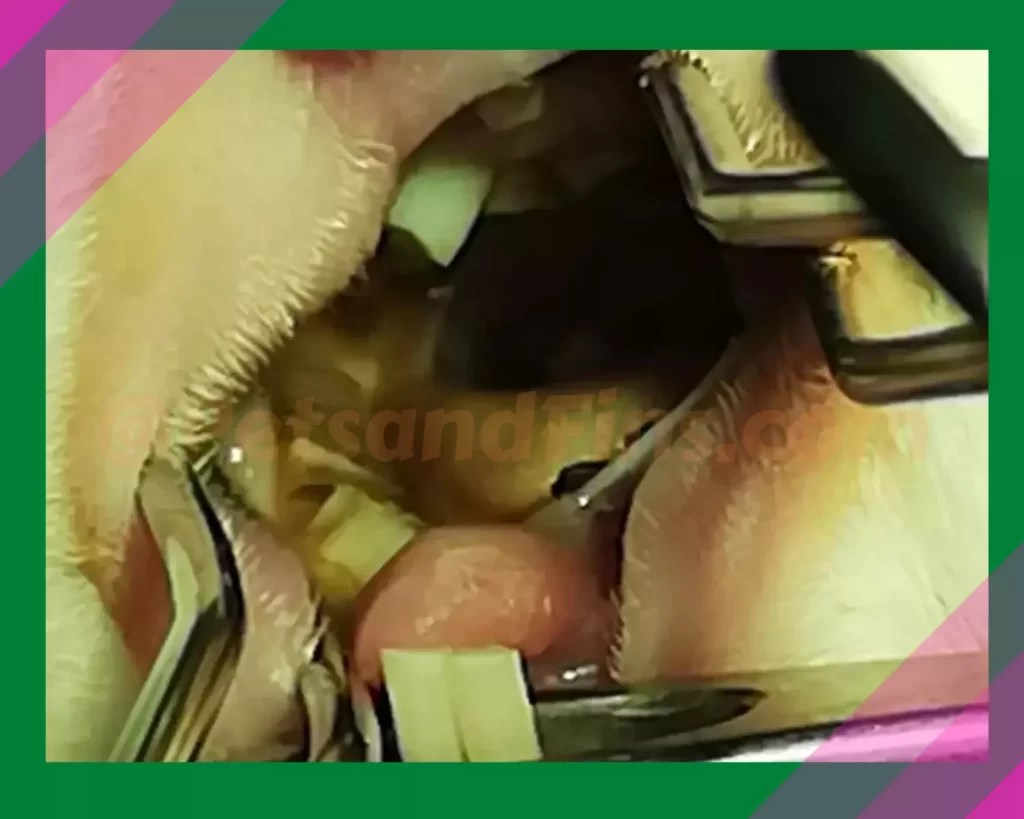
Broken Guinea Pig Teeth
A broken Guinea Pigs’ tooth can be very serious, as this will prevent them from being able to eat. Guinea pigs are herbivores that must have a constant supply of roughage in their diets or they may develop gastrointestinal problems like “wobbly teeth” – which is actually more common than you might think.
This is one of the reasons why adequate vitamin C is very important in any guinea pig diet. Lack of vitamin C can lead to weak teeth and subsequent breakage.
A Guinea pig’s broken tooth is also often associated with intense pain. Guinea pigs are very stoic creatures, and they can tolerate significant amounts of pain. Therefore, it may be difficult to know that your Guinea pig has a broken tooth.
This will create several problems for you as their owner because without proper treatment, this could lead to food stagnation, tooth root abscesses, and even death.

Symptoms Of Guinea Pig Teeth Issues:
When it comes to preventing dental problems in your piggie, choosing the proper food is essential. However, it’s also vital to be aware of the symptoms to watch out for in order to detect any issues early and prevent them from becoming worse.
Guinea pigs, being prey animals, are very adept at concealing their illness. However, there are certain tell-tale symptoms to watch out for!If your Guinea Pig is struggling with any of the dental issues I mentioned above, they may experience:
- Drooling or Spitting – Guinea pigs often spit out food if their mouth hurts, but they will also tend to drool excessively. Guinea pigs that are having difficulty eating or have teeth issues may also do this when they groom themselves.
It’s possible that your pet’s chin has been moist, or that they’ve lost some hair in this region, if they are drooling.
- Lethargy:Lack of Guinea Pig activity and lethargy may be an indication that your Guinea Pig is in pain. If their teeth are causing them significant discomfort, they will often lay around as much as possible to reduce the pressure on their mouth or front end.
- Loss of Appetite – Guinea pigs with Guinea pig teeth problems will often stop eating altogether if the pain is bad enough, which can quickly cause other health issues such as malnutrition and weakness.
Pets that struggle to consume their food may drop it on the floor or on the floorboard. During the course of eating, they may seem disturbed, and they may even have second thoughts after they have reached for the food bowl.
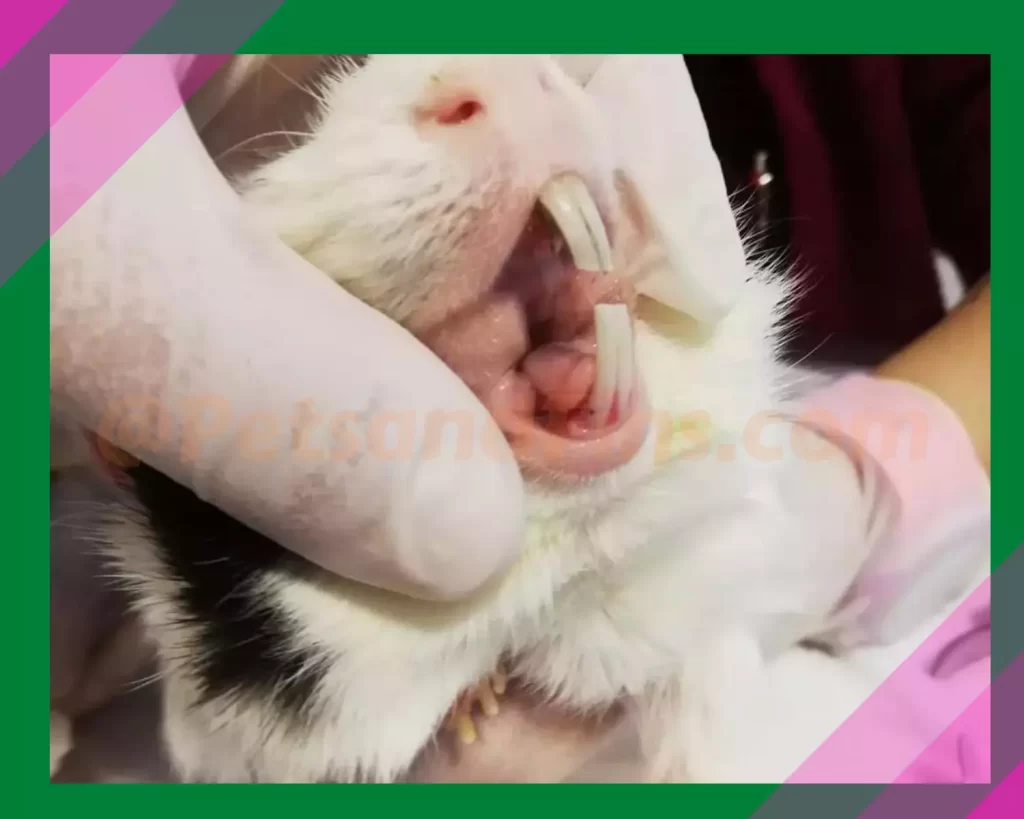
- Weight Loss: Guinea Pigs may begin to lose weight if they are not eating properly due to dental issues, which can lead to further dental problems and even death.
- Pawing at the Mouth or Head – If your Guinea Pig is pawing at its mouth or head,more than it’s usual times, it’s likely having teeth issues.
- Change In Dietary Preferences:As tooth spurs grow, guinea pigs may find it unpleasant to consume particular foods, which may result in a change in dietary preferences. It’s common for them to express a preference for softer meals over tougher ones.
- Discomfort While Eating Or Drinking: Guinea Pigs with tooth problems may prefer to drink rather than eat, which can cause serious nutrient deficiencies in addition to weight loss. This is because Guinea Pig teeth are designed for grinding grass and hay!
- Dropping Of Food:Dropping food out of the mouth when it eats is called “dumping syndrome” and it’s a Guinea Pigs’ teeth problem that happens very often with malocclusion .
Guinea Pigs will normally eat their food at top speed, but if they are having trouble chewing or swallowing due to teeth problems,they often tend to drop the food. This is a very big tell-tale sign that there is something wrong with your guinea pigs teeth.
- Wobbly teeth: This is a condition that results from lack of vitamin C in the diet; it causes the top and bottom teeth to become misaligned, so Guinea Pigs’ front teeth no longer meet when Guinea Pig closes its mouth. This is because their teeth have softened and weakened due to a lack of vitamin C in the diet.
- Teeth Gritting Or Grinding: Teeth problems may also cause your Guinea Pig to grind its teeth (or “grit”). This is especially common in Guinea Pigs that are experiencing pain caused by Guinea Pig teethe issues; they will often grit their teeth in an attempt to reduce the pain.
Pro Tip:Guinea Pigs will also often grit their teeth if they are stressed or nervous, so this is something you might notice in Guinea Pigs that are living with other Guinea Pigs for example – it’s not necessarily a sign of Guinea Pig teeth problems on its own.
If your Guinea Pig is showing any of the signs mentioned above, it may have Guinea pig teeth problems or dental issues. If you notice these symptoms in your Guinea pig, take them to a veterinarian immediately.

How Can You Prevent Guinea Pig Teeth Problems?
Some Guinea Pigs’ teeth problems can be avoided by taking steps to keep their teeth healthy.
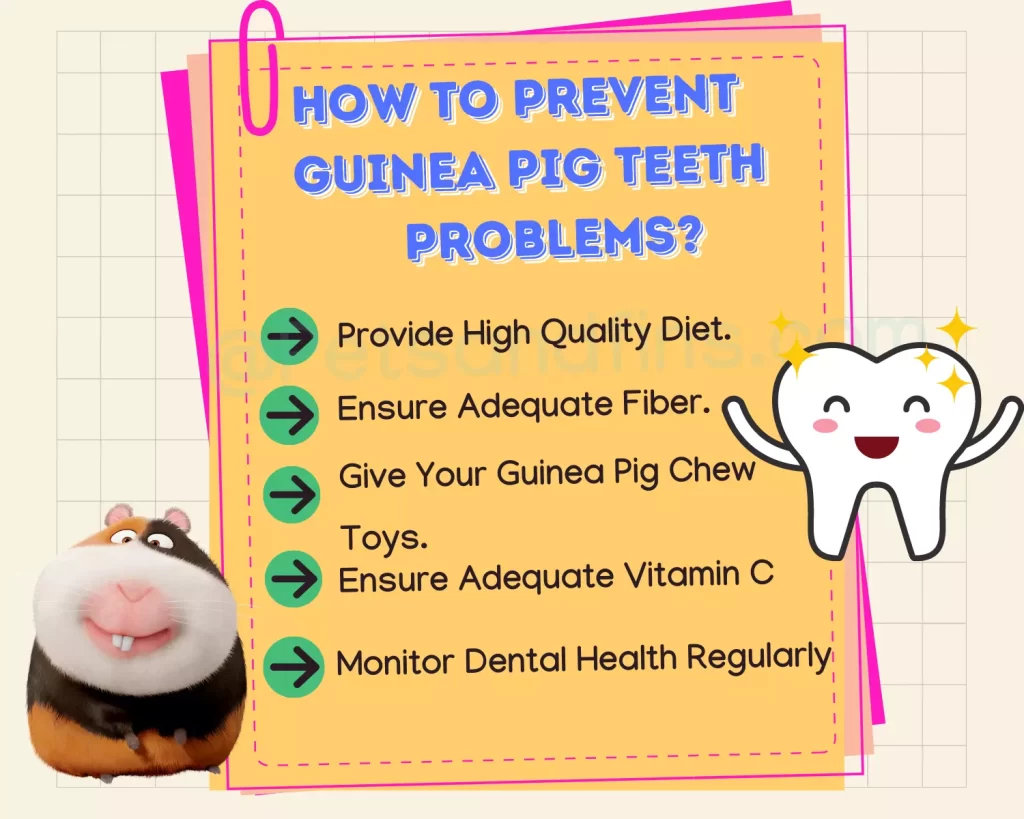
Provide Your Guinea Pig With A High-quality Diet:
Guinea Pig teeth problems can be prevented by providing a healthy and balanced diet. Guinea Pigs need to consume lots of hay, grass and fresh vegetables every day in order to keep their teeth at the correct length.
Make sure your pet gets a healthy diet and avoid feeding them foods that are high in carbohydrates – sugars like fruit should be given sparingly.
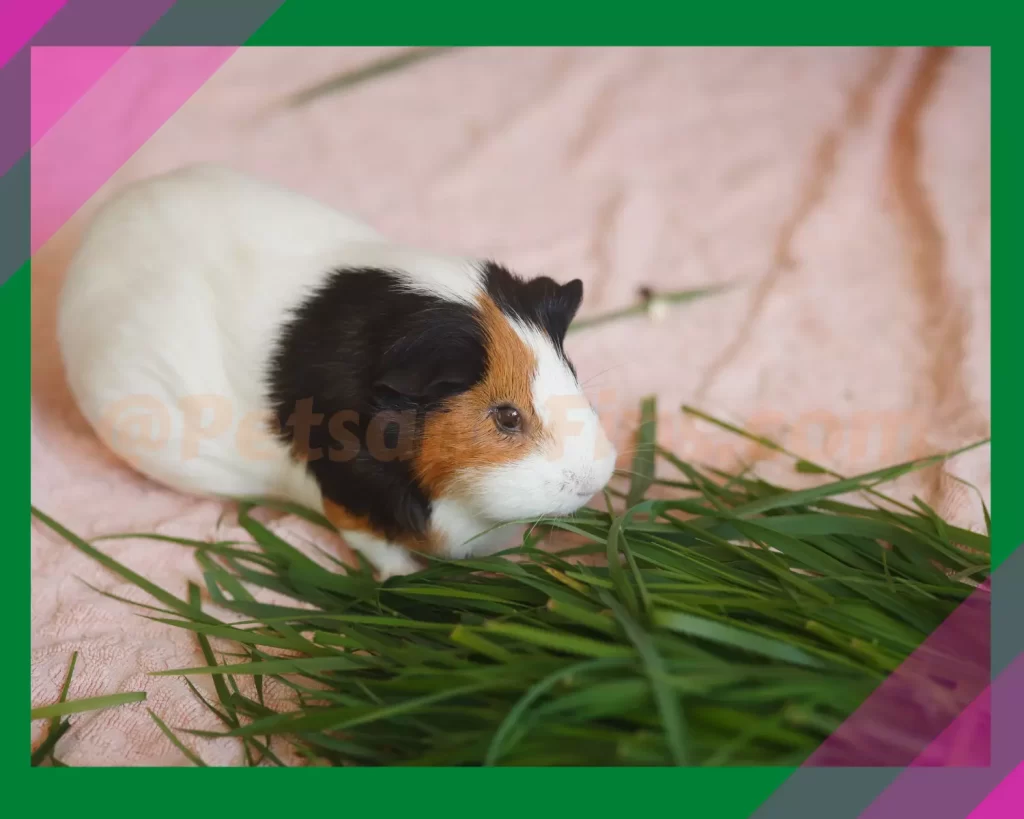
Guinea Pigs’ teeth problems can be caused by a diet that is too high in carbohydrates, which will wear down Guinea Pig’s front teeth and increase the risk of infection/abscesses forming on the Guinea Pigs’ mouth.
Ensure Adequate Fiber In Their Diet:
When you give your guinea pig pellets, try to buy ones with at least 14% fiber, and a Guinea Pig vitamin C supplement. Don’t feed them rabbit pellets because Guinea Pigs can’t digest them without problems with their teeth!
We must ensure that our pet piggies have enough grass to gnaw on throughout the day since their teeth are designed to do so. A lot of hay should be fed, and I recommend that hay or grass make up at least 80 percent of the diet.
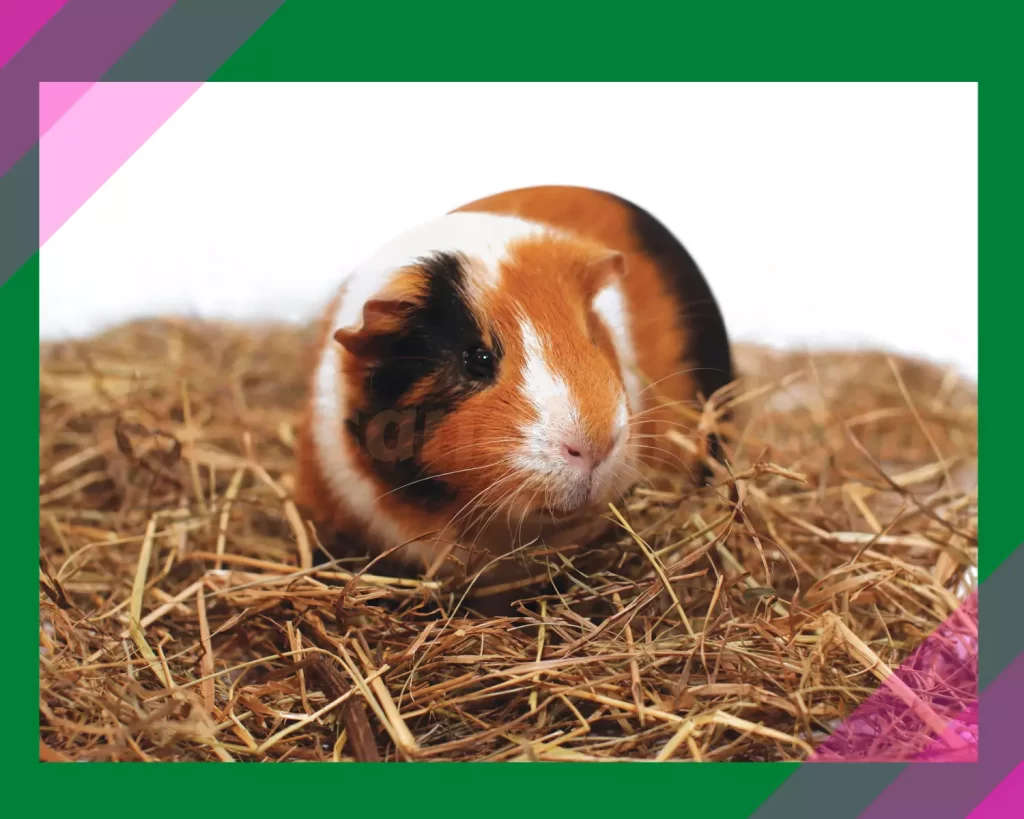
Give Your Guinea Pig Chew Toys:
Guinea Pigs’ teeth problems can also be prevented by providing your pet with some chew toys to play with so they can grind their teeth down evenly on both sides. Guinea pig toys are usually made of Guinea pig safe woods or other materials that Guinea pigs will not be able to damage when they chew on them.
Guinea Pigs will be able to chew on hard objects like wooden sticks and twigs,but you can also offer them healthy treats such as carrots and apples.
Ensure Guinea Pigs Get Enough Vitamin C:
Guinea pigs’ teeth problems can also be prevented by providing your Guinea Pig with a high-quality vitamin C supplement.
Without this, their front teeth won’t grow strong and healthy, which means they are much more likely to become decayed or even break off – it’s important for Guinea Piggies’ teeth to grow strong and healthy!
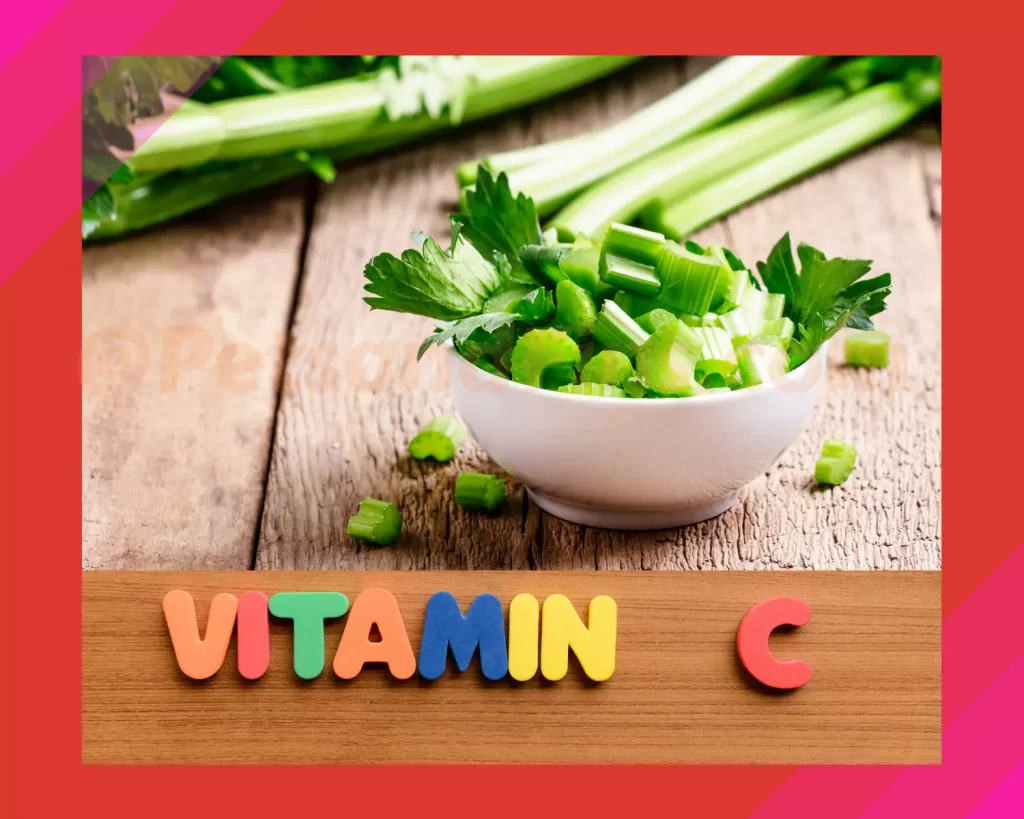
Vitamin C, is found in leafy green vegetables as well as specifically formulated guinea pig chow. It is essential that your pet’s diet contains enough vitamin C. You can also opt in for a vet suggested vitamin C supplement.
Monitor Dental Health Regularly:
Keep an eye on how your guinea pig eats. Tooth issues and overgrowth may be causing him to change his eating habits or stop eating altogether. Check that the teeth are wearing evenly, that there are no cracks, that the top and bottom front teeth meet in the center, and that the teeth aren’t discolored when you conduct a weekly health check.
Finally, be sure to check your guinea pigs’ weight on a regular basis. If your guinea pig’s weight begins to decrease, it may be due to a dental problem that prevents him from eating correctly.

Wrapping Up
It’s important to understand that a guinea pig’s teeth grow continuously and they need them trimmed regularly. This is why it’s so important for owners to provide their pet with the proper diet, as well as giving them time out of the cage every day in order to chew on things like hay or vegetables.
Failure to do so can lead to health problems such as elevated blood sugar levels, tooth decay, and gum disease – all of which require vet care. Don’t let your furry friend suffer from dental neglect!
Give him or her some fresh veggies once in awhile along with hard treats made specifically for rodents. They’ll thank you for keeping those pearly whites healthy!
XoXo
Genie
